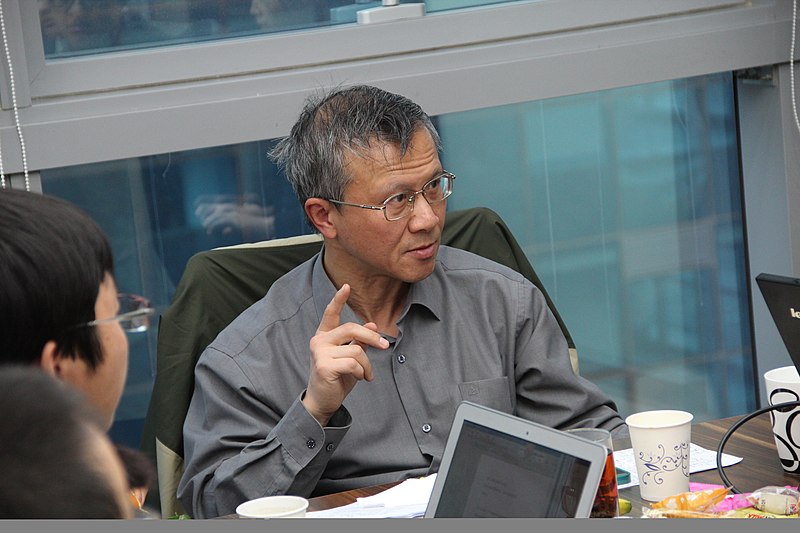By Jerome A. Cohen
Prof. Zhang Qianfan (source: Wiki Commons)
A constitutional law textbook authored by Professor Zhang Qianfan, a renowned Chinese constitutional scholar, has reportedly been pulled from book shops. Professor Zhang is a Peking University (“Beida”) reformer and a great person known to many in foreign, especially American, comparative law circles. He gave a fine talk at NYU Law School’s US-Asia Law Institute a year or two ago. It is very sad to see him and other distinguished Chinese colleagues, and their teaching and books, under attack.
I wonder what happens to the books withdrawn from the public. Will they be burned or thrown in the trash? Will Xi Jinping lock up the Beida law library again as it was in 1979 when Jim Feinerman, the late Tim Gelatt, Ellen Eliasoph and other future notables became the first American exchange students under the “Open Policy”? Will Chinese law professors and students again be cut off from foreign law teachers and lawyers, as I was cut off from them while teaching Chinese officials in 1979-81?
I spent that time in Beijing not as a visiting professor or scholar but as guest of the Beijing City Government, which was desperate to train its officials for joint venture negotiations with potential foreign investors. Yet Chinese law teachers and students were not allowed to get together with me, then the only resident American law teacher in China, even informally and socially. One criminal law professor did succeed in inviting me to give a lecture. I must have muffed the opportunity by talking candidly, since I never heard from him again and don’t know what became of him. By contrast, PRC Party secretaries and mayors invited me to lecture to hundreds of eager business officials all over the Eastern seaboard. Are we going to witness a return to that era?
I was very glad to see that Reuters quoted Professor Zhang Taisu of Yale Law School, my alma mater, in support of Zhang Qianfan, no relative I believe. Taisu, a brilliant economic historian-legal scholar who has just been promoted to full professor, has already begun to make good use of his permanent academic tenure. I am sure that many others of the remarkable cohort of Western academics now in the China law field will also want to be heard.

